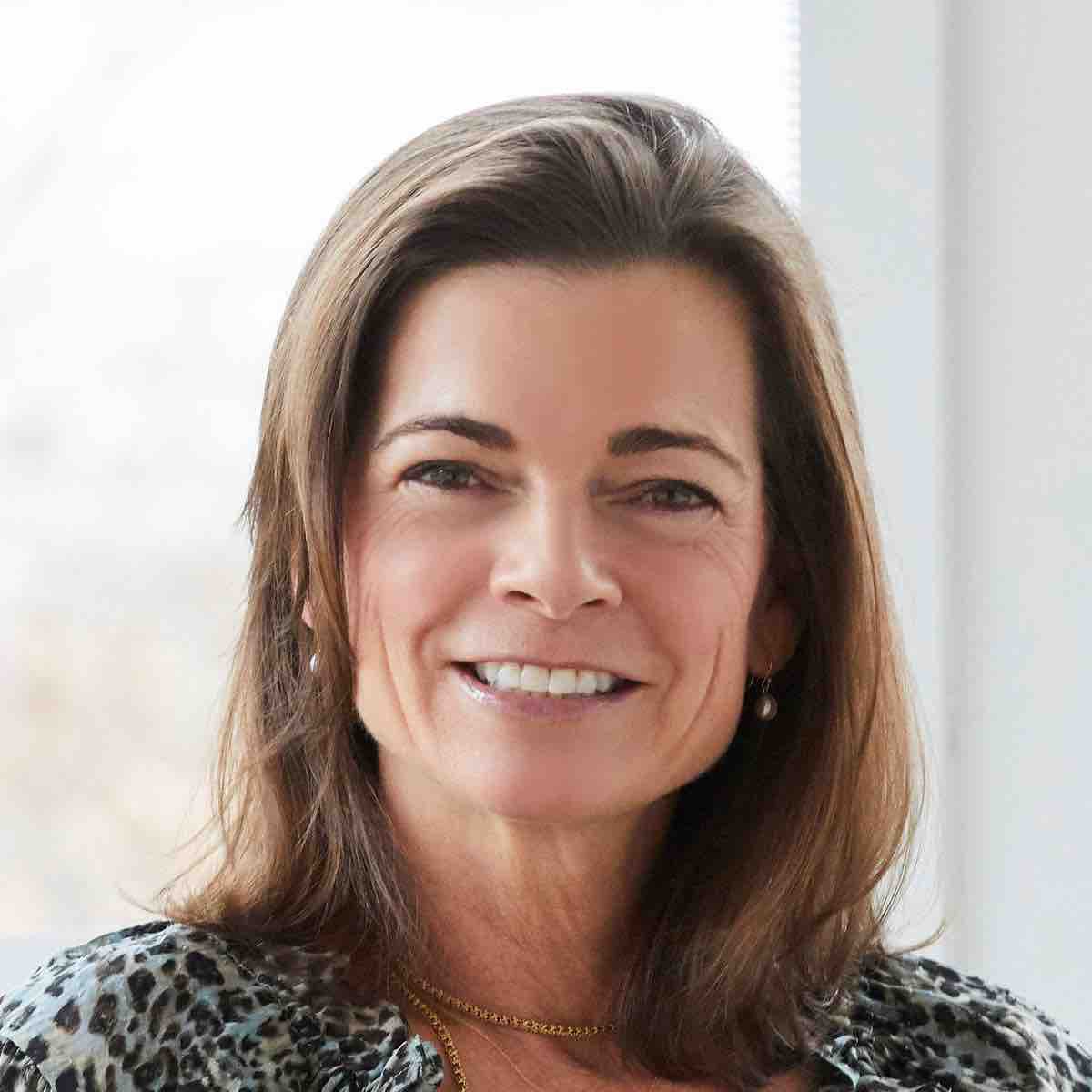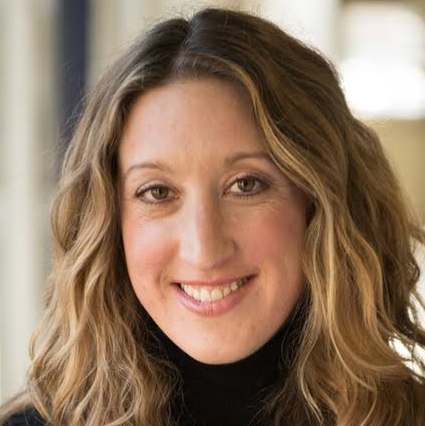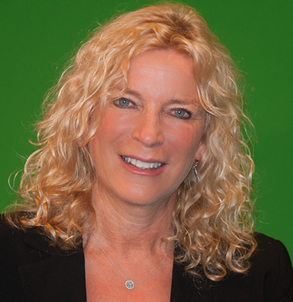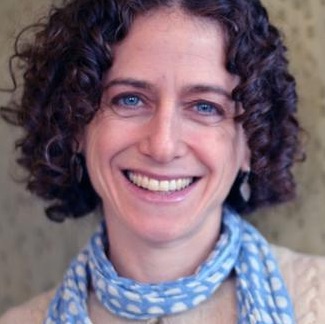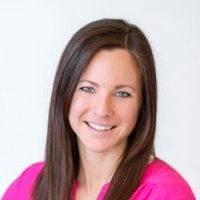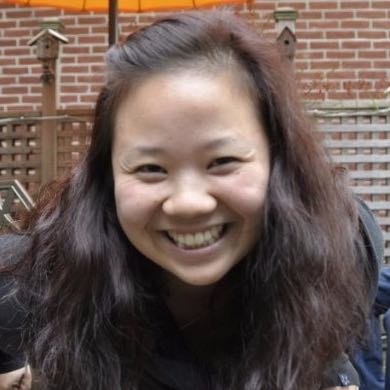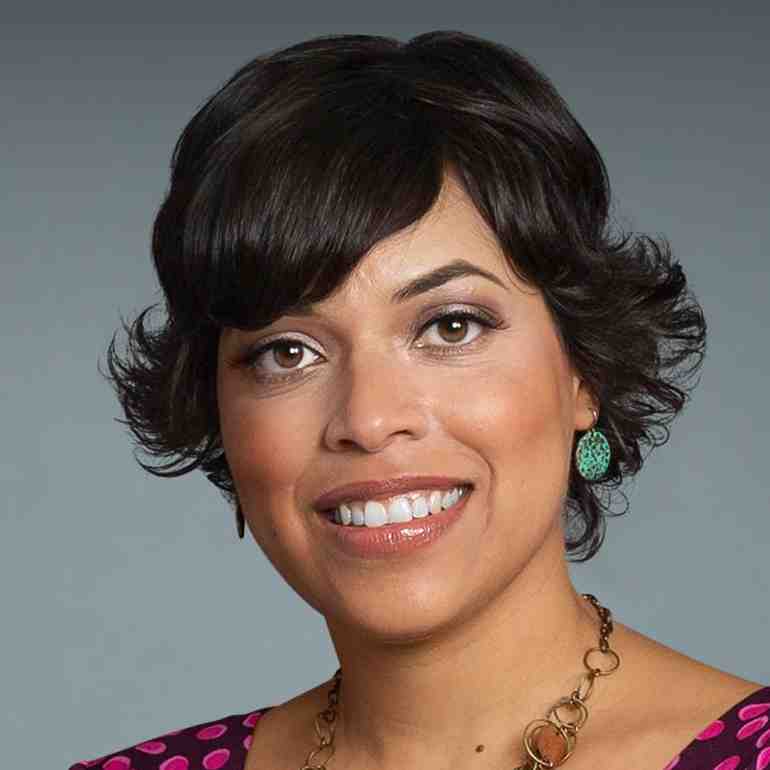Thursday, April 8
8:15 AM – 12:15 PM
Cost per person: $189.
By advance registration only. Select one of six.
Add $30 fee if you are not attending the conference.
1. The Self: The Foundation for Finding Our Purpose in School and in Life (4-12)
This workshop will cover how the self evolves and continues to evolve throughout life. You will learn how early attachment patterns shape self-concepts and how they show up in your classroom today. You will explore how both brain and self development occur together. This interactive workshop will provide many lessons, strategies, and activities that you can bring back to your classroom to help your students find their sense of self, their passions, and a purpose in school and in life.
Paula Prentis, LMSW, Licensed Social Worker; Co-Founder, Your Self Series, a company that provides social emotional learning curriculum and a corresponding free website, YourSelfSeries.com, that contains free content to teach young teens about health and mental health; Expert in whole child health and wellness, social-emotional learning, adolescent development, and how to build connections in the classroom to optimize learning and life potentials; Co-Author, Reach Before You Teach: Ignite Passion and Purpose in Your Classroom (2013)
2. Fostering Growth Mindsets and Curiosity in Readers (K-8)
In this workshop, Gravity Goldberg applies the research on mindset and goal setting to help educators better understand why we may be cultivating compliant instead of independent readers, and why without independence and curiosity, no real and lasting learning can occur. Dr. Goldberg will share a framework called the 4Ms, for Miner, Mirror, Model, and Mentor, which helps you support true independence every day. This independence stems from having a growth mindset and a deep sense of ownership and curiosity. These qualities can be supported by teachers, and in this workshop, you will learn specific moves to encourage independence and curiosity.
Gravity Goldberg, EdD, Educational Consultant; Former Assistant Professor of Education, Iona College; Former Instructor and Staff Developer, Reading and Writing Project, Teachers College, Columbia University; Author, Teach Like Yourself: How Authentic Teaching Transforms Our Students and Ourselves (2018), Mindsets and Moves: Strategies That Help Readers Take Charge (2015); Co-Author, What Do I Teach Readers Tomorrow? (2017) and Conferring With Readers: Supporting Each Student’s Growth and Independence (2007)
3. Heal Your Self, Heal Your Classroom: Effective Practices for Developing Teacher and Student Wellbeing (For Teachers of All Grade Levels)
Do you feel stressed and overwhelmed with all you have to accomplish these days? You are not alone. The good news is that current brain research shows that educators who prioritize self-care and self-compassion in their lives actually have better results with their students, both behaviorally and academically. In this workshop, you will learn about this research and be inspired to develop healing tools you can build into your "self" and your daily life -- small moments to rest and renew. Learn mindfulness practices, relaxation techniques, ways to be more self-compassionate, and discover strategies for bringing these practices into your classroom.
Kathleen M. Kryza, MA, Master Teacher; CIO, Infinite Horizons; Co-Author, Transformative Teaching: Changing Today's Classrooms Culturally, Academically, and Emotionally (2015), Developing Growth Mindsets in the Inspiring Classroom (2011), Inspiring Elementary Learners (2008), Inspiring Middle and Secondary Learners (2007), and Differentiation for Real Classrooms (2009)
4. Integrating SEL into Everyday Classroom Practice: Social-Emotional Learning, Teaching Practices, and Peer Relationships (K-12)
This two-part workshop will explore evidence-based practices and will offer research and examples on social-emotional learning that work with students and faculty and foster greater academic success. In the first part, Elise Cappella will describe key SEL competencies and how teaching practices and peer relationships create opportunities for social-emotional development in children from diverse backgrounds and school contexts in elementary and middle school students. Dr. Cappella will present evidence-based approaches schools can use to support teaching practices and peer relationships that advance children's self-regulation, social skills, self-concept, and academic behaviors. In the second part, Rachel Poliner will explore research on brain development and ways to fully integrate SEL in the classroom culture. She will offer ways to translate that research into daily practices that support academic success and healthy development in K-12, especially in the middle and high school levels.
Elise Cappella, PhD, Associate Professor of Applied Psychology; Director, Institute of Human Development and Social Change; Co-Director, IES Predoctoral Interdisciplinary Research Training Fellowship, New York University; Co-Author, “A National Sample of Eighth-Grade Students: The Impact of Middle Grade Schools on Academic and Psychosocial Competence” (2017, Early Adolescence), and “Do Effects of Social-Emotional Learning Programs Vary by Level of Parent Participation? Evidence from the Randomized Trial of INSIGHTS” (2016, Journal of Research on Educational Effectiveness); and Rachel A. Poliner, MAEd, Former Teacher and Faculty Member; Founding Partner, Leaders and Learners Consulting; Board Member, Social-Emotional Learning Alliance for Massachusetts; Co-Author, Teaching the Whole Teen: Everyday Practices That Promote Success and Resilience in School and Life (2016) and The Advisory Guide: Designing and Implementing Effective Advisory Programs for Secondary Schools (2004)
5. Learning Through Failures: Moving Past Self Doubt and Embracing the Process (All Ages)
This workshop will explore the obstacles that lead to self-doubt and avoidance of failure and ways to move people toward letting go of both so they can embrace success. Neuroscientist, Dr. Mandy Wintink, and Designer, Jennifer Chan, bring together two disciplines to show how people can use failures as a tool for achieving success. Through neuroscience, you will understand self-doubt and feelings of defeat from a neurobiological perspective while also learning how to navigate the discomfort and fear of failure so students can succeed. Through design tools, you will understand the value of iterations and why failing fast, means failing often.
Amanda J. Wintink, PhD, Chief Executive Officer and Director, Centre for Applied Neuroscience; Instructor, Department of Psychology, University of Guelph-Humber; Author, Self Science: A Guide to the Mind and Your Brain's Potential (2016); and Jennifer Chan, MDes, Innovation and Experimentation Coach; Design Thinking and Community Engagement Consultant; Director of Programming and Co-Founder, Department of Imaginary Affairs
6. Developing the Five Awarenesses of Teaching: Using Self-Student Awareness to Become More Effective Teachers (For Teachers of All Grade Levels)
Research is finding that by becoming more self-aware as a teacher and more aware of your students as learners, you can improve student performance. One way to do this is to develop a "teacher profile." This practice-based workshop will explore the five awarenesses of teaching and will allow you to create your own developmental teacher profile and set goals for increasing your self-awareness and awareness of your students. Learn strategies for developing your five awarenesses (awareness of learner, interactions, self as teacher, teaching practices, and the context of what is happening socially, politically, and economically in the larger world) so you can become a more self-aware and effective educator.
Vanessa Rodriguez, EdD, Assistant Professor, Center for Early Child Health and Development, Department of Public Health, Langone Health, New York University School of Medicine; Co-Director, Mind, Brain, and Education: Research, Policy, and Practice Collaboratory, Neuroscience and Education Collaborative, New York University; Author, The Teaching Brain: An Evolutionary Trait at the Heart of Education (2014)


